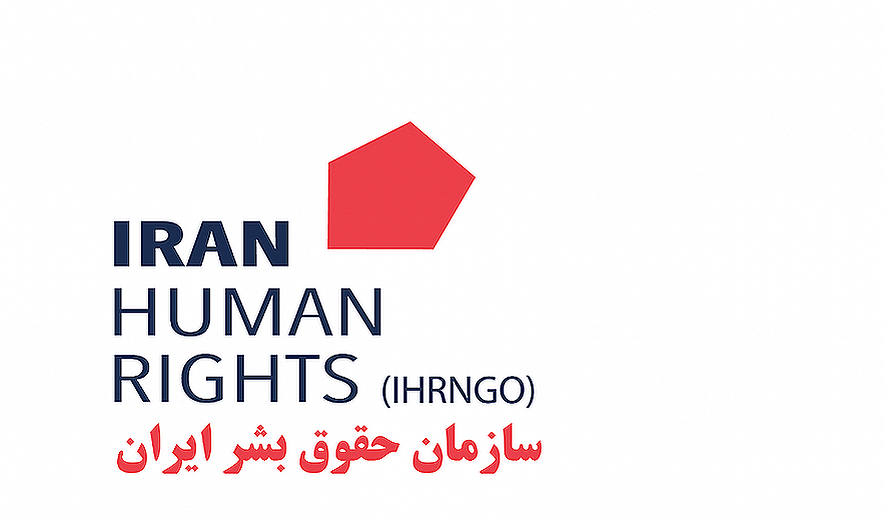Iran Protests: at Least 458 People Killed/11 Officially Sentenced to Death

Iran Human Rights (IHRNGO); December 7, 2022: At least 458 people including 63 children and 29 women have been killed in the ongoing nationwide protests in Iran. The rise in numbers relates to now confirmed killings that took place in the first two months. Authorities have also reported death sentences being issued against five protesters, bringing the total number to 11 people.
Iran Human Rights considers the execution of protesters to be in violation of all human rights laws and standards, and calls on the international community to react appropriately. Director Mahmood Amiry-Moghaddam said: “Issuing death sentences in show trials which lack minimum fair trial standards is a continuation of the plan for the extrajudicial killing of protesters and must be met with a strong reaction by the international community.”
According to information obtained by Iran Human Rights, at least 458 people including 63 children have been killed by security forces in the nationwide protests so far. Of the 63 children, nine were girls. The 63 children were all under 18 years of age, but have not all been verified through document evidence. Iran Human Rights is working to obtain confirmation of their ages. None of the recorded deaths took place in the past days.
Death Toll by Province
Protesters have been killed in 26 provinces, with the most reported in Sistan and Baluchistan, Kurdistan, Western Azerbaijan, Tehran, Mazandaran and Kermanshah respectively.
Deaths have been recorded in 26 provinces: Sistan and Baluchistan: 128 people; Kurdistan: 53 people; West Azerbaijan: 53 people; Tehran: 46 people; Mazandaran: 37 people; Kermanshah: 25 people; Gilan: 25 people; Alborz: 18 people; Isfahan: 14 people; Khuzestan: 10 people; Fars: 8 people; Khorasan-Razavi: 7 people; Zanjan: 5 people; East Azerbaijan: 4 people; Lorestan: 3 people; Markazi: 3 people; Qazvin: 3 people; Hamedan: 3 people; Kohgiluyeh and Boyer Ahmad: 2 people; Ardabil: 2 people; Ilam: 2 people; Bushehr: 2 people; Hormozgan: 2 person; Semnan: 1 person; Kerman: 1 person; Golestan: 1 person.
The most number of deaths were recorded on 21, 22 and 30 September (Baluchistan’s “Bloody Friday”). November 4 was the bloodiest day last month with 21 recorded deaths.
Numbers are a “minimum”
The death toll is an absolute minimum. Reports of protester killings in the last few days are still being investigated. Iran Human Rights has received a high volume of reports of deaths which it continues to investigate with security considerations and internet disruptions. The actual number of people killed therefore, is certainly higher.
Group Death Sentences
On December 5, Branch One of the Alborz province Revolutionary Court sentenced five people to death for charges of efsad-fil-arz (corruption on earth). They are five of 16 co-defendants (previously reported as 15) in the same case of an IRGC officer being killed at the scene of a protest on the Karaj-Qazvin motorway on November 3. Protesters were marking the 40th day of protester Hadis Najafi being killed in the city that day when they were attacked by security forces. The other eleven defendants were sentenced to lengthy prison terms. The first forced confessions related to the case were aired on November 6, prior to any legal proceedings and the trials of all 16 defendants including three children took place over three days. It took just a month from arrest to death sentences being issued.
At the Judiciary’s Supreme Council meeting on the same day, the Head of Judiciary, Mohseni-Ejei stated that death penalty sentences had been issued and upheld for security-related charges against several protesters and already sent for implementation. He further asserted that death penalty sentences have been issued for the defendants in the case of two basijis being killed in Mashhad, with the case currently at the Supreme Court. The judiciary had previously reported on the trial, naming Majidreza Rahnavard as the main defendant. The IRGC’s Fars news reported of eight other defendants in the case, it is not clear how many others have also received the death penalty. Majidreza’s charges have previously been reported as moharebeh (enmity against god) through killing two basiji forces and injuring four with a cold weapon (knife).
Prior to the aforementioned six people, the Judiciary had previously announced death sentences against six other protesters, bringing the number to 12 with Majidreza Rahnavard. Dozens more are currently facing death penalty charges with many unconfirmed cases circling on social media.
It is also important to note that the Islamic Republic has been intentionally withholding the names of protesters with confirmed death sentences and issuing contradictory statements while defendants have no access to their lawyers per the Note to Article 48 of the Code of Criminal Procedures and authorities prevent family contact.

